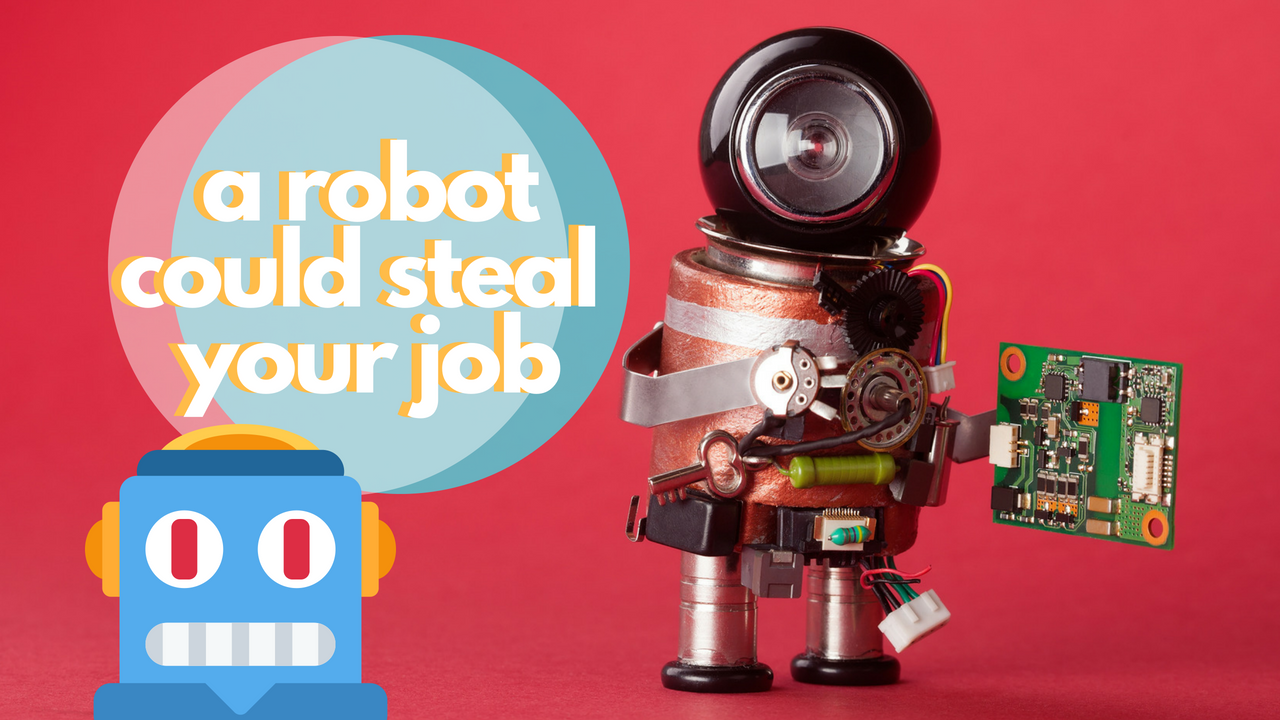- 63% of UK workers would delegate certain tasks to a robot
- Data entry and attending meetings are unpopular tasks workers would like to outsource
- Workers perform better under the supervision of a ‘mean’ robot than a ‘nice’ one
Will a robot steal your job? It’s a question scaremongers love to throw around as automation is predicted to take 800 million jobs by 2030.
On the other side of the argument, roboteers are keen to point out the opportunities automation could unleash for the workforce. A recent report revealed that while close to 50% of jobs are “likely to be significantly affected” by automation, the amount of risk varies with only 14% of jobs “highly automatable” – which means the probability of automation is more than 70%.
The truth probably lies somewhere in between. But the global workforce will certainly need to adapt to survive the coming robot revolution.
However, a recent study has revealed a rather fascinating benefit of a robot workforce.
Imagine if you could ask a robot to carry out all those dull and menial day-to-day tasks you just don’t want to do. Imagine if a robot could fill in and review your lengthy Excel spreadsheet or sit in that dull Friday afternoon meeting you have to attend every week.
Wouldn’t that be wonderful? It appears so. Research reveals 63% of UK workers would outsource certain tasks to a robot, given the chance.
When asked which of their most hated tasks they would like to delegate to a robot, 16% said data entry, 14% said taking minutes and 12% would outsource their electronic filing to a robot, according to the figures from software house ABBYY.
Some 11% would also like a robot to attending certain meetings for them, review long documents, process documents (such as payroll and invoice) and track their hours/time.
The 1,200 survey respondents also revealed the UK’s most hated work tasks are attending meetings (24%), reviewing long documents (17%) and speaking to customers (13%).
However, the majority (63%) of UK workers spend less than one day a week attending meetings.
In contrast, 25% spend two or more days per week on electronic filing and data entry. So, it appears that most people want to delegate those tasks to robots that they both dislike and spend a significant amount of time performing.
Robotic future
The responses to the survey aren’t too far-fetched. While digital receptionists like ‘Zoe’ may have caused a stir back in 2013, many spaces use a simpler form of automation for their reception desks with software such as Greetly, where you can login to a space with a few swipes on a screen.
Self-steering robots that create a telepresence in business meetings also grabbed the headlines a few years ago. While adoption rates have been slow thanks to high costs, end user difficulties and poor audio/video quality, some predict a resurgence in this robotic tech.
Whether you’ll be sat next to a paranoid android to replace your flesh and bones colleague Marvin any time soon seems a little less likely though.
Simpler forms of automation in the workplace, on the other hand, are a more promising possibility with several examples of this technology already available and being developed. For example, employee analytics systems, help desk support and even the hiring process have undergone automation.
How comfortable would you feel being supervised by a robot?
Turning the concept of having a robot working for you on its head, a recent study found that people perform better on certain tasks when supervised by a ‘mean’ robot rather than a ‘friendly’ one.
A few dozen young adults were asked to complete a simple test where they have to state the colour of a font used in a written word. Things get tricky if the word “blue” appears in a red colour, for example.
A humanoid bot supervised the task and the subjects were introduced to the robot before the tests began. Those introduced and under the gaze of an empathetic robot didn’t perform as well as those introduced to a robot that was contemptuous and even, occasionally, questioned the intelligence of the subject.
According to the researchers, the presence of an unfriendly robot could increase a person’s level of alertness and performance on certain tasks.
So, maybe we shouldn’t quite so much complain about robots stealing our jobs and just be happy they’re not managing us.



 Dr. Gleb Tsipursky – The Office Whisperer
Dr. Gleb Tsipursky – The Office Whisperer Nirit Cohen – WorkFutures
Nirit Cohen – WorkFutures Angela Howard – Culture Expert
Angela Howard – Culture Expert Drew Jones – Design & Innovation
Drew Jones – Design & Innovation Jonathan Price – CRE & Flex Expert
Jonathan Price – CRE & Flex Expert










